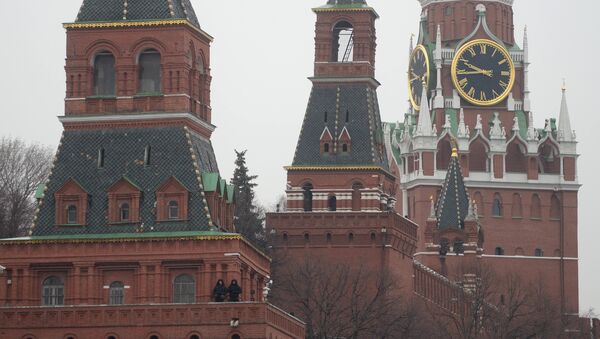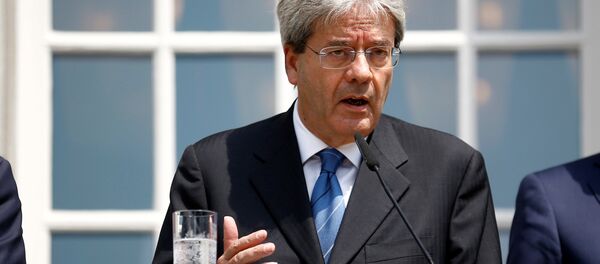Thus, the head of Mecklenburg-Vorpommern federal state, Erwin Sellering, said Tuesday that Germany should maintain dialogue with Moscow rather than impose sanctions against it.
"I do not agree with this demand," the politician told the magazine. "Germany and Russia have a common interest in returning to a closer partnership," the SPD politician said.
This particularly applies to Mecklenburg-Vorpommern, because Russia is an important economic partner for his federal state, Sellering noted.
"We want to expand our contacts in the coming years, so we are committed to lifting the sanctions as soon as possible," Sellering said.
The head of Saxony-Anhalt, Reiner Haseloff, also supports this point of view. The CDU politician questioned the effectiveness of the EU sanctions against Moscow which have been extended until the end of January 2017.
"The already existing sanctions have so far brought nothing but harm, they have negatively affected the economic exchange [between the countries] as well as the businesses in Saxony-Anhalt, which traditionally have contacts with Russian companies," Haseloff told Spiegel Online.
Earlier this month, different European politicians, including Germany's Coordinator for Intersocietal Cooperation with Russia, Central Asia and the Eastern Partnership Countries Gernot Erler, spoke about the introduction of restrictive measures against Russia over its alleged meddling in the Syrian conflict, which has aggravated in recent weeks.
Commenting on the issue, Saxony's head Stanislaw Tillich said on Tuesday that sanctions would not help to resolve the Syrian conflict.
"There is a large number of military units and states that support them which are directly or indirectly involved in the military standoff. Sanctions against a state alone would not help to overcome the conflict," Tillich said.



